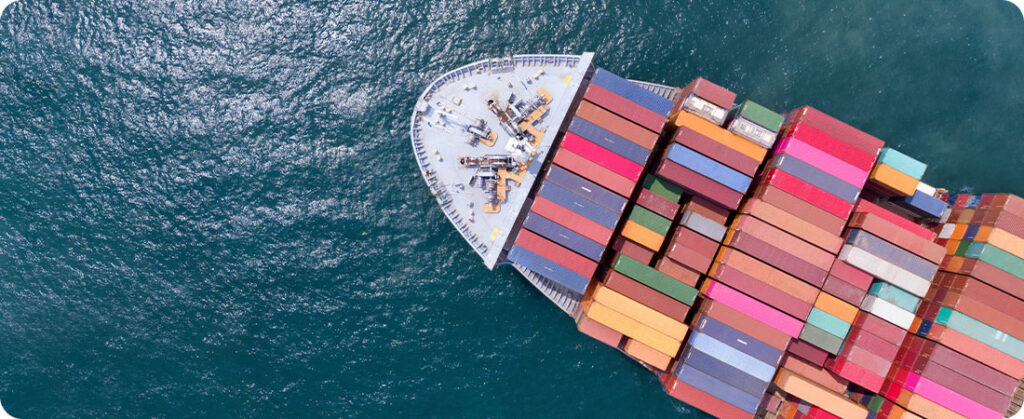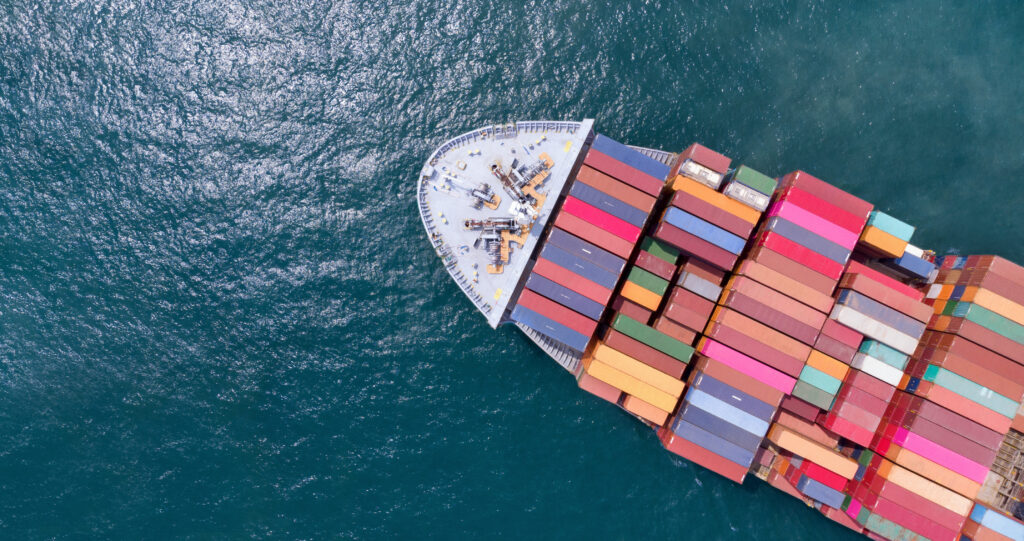
The governments of Brazil, Paraguay, Bolivia and Uruguay issued a formal request to Argentina to eliminate the tax on vessels sailing on the Paraguay-Paraná waterway. This measure is vital, as the five nations signed an agreement to facilitate traffic in a 3,400-kilometer canal, crucial for the flow of agricultural products.
Recently, the company Hidrovias do Brasil faced a situation in which it was forced to remove a vessel from circulation. This occurred because the company refused to pay a fee of US$ 1.47 per ton of grain that was being transported from Mato Grosso do Sul. The Argentine government justifies these charges, claiming that they are necessary to cover the maintenance costs of the channel.
This year, Argentina intensified the use of the waterway as a result of a historic drought that reduced the harvest in the 2022/2023 season by 50%. Consequently, according to official government data, in the first seven months of 2023, around 51% of the 7.19 million tonnes of imported soybeans originated in Paraguay, while 45% came from Brazil.
Challenge with the tax on South American river transport: The need for cooperation and dialogue for efficient trade
This impasse highlights the importance of a quick and favorable resolution to ensure that river transport of goods remains efficient and economical in this region, which is fundamental to the economy of these South American countries. Dialogue between the nations involved is crucial to finding an equitable solution that benefits everyone involved.
Furthermore, it is essential to consider that this issue not only affects governments, but also companies and workers involved in commodity trading. Instability in taxes and regulations could harm business and job creation in a region that relies heavily on international trade.
Companies and workers in commodity trading face risks due to instability in rates and regulations. This negatively affects the regional economy. Therefore, cooperation between countries is crucial to resolve this and maintain viable and economical river transport for agricultural flow.
The success of these negotiations benefits the nations involved and promotes regional integration and sustainable development in South America.
Source: datagro












